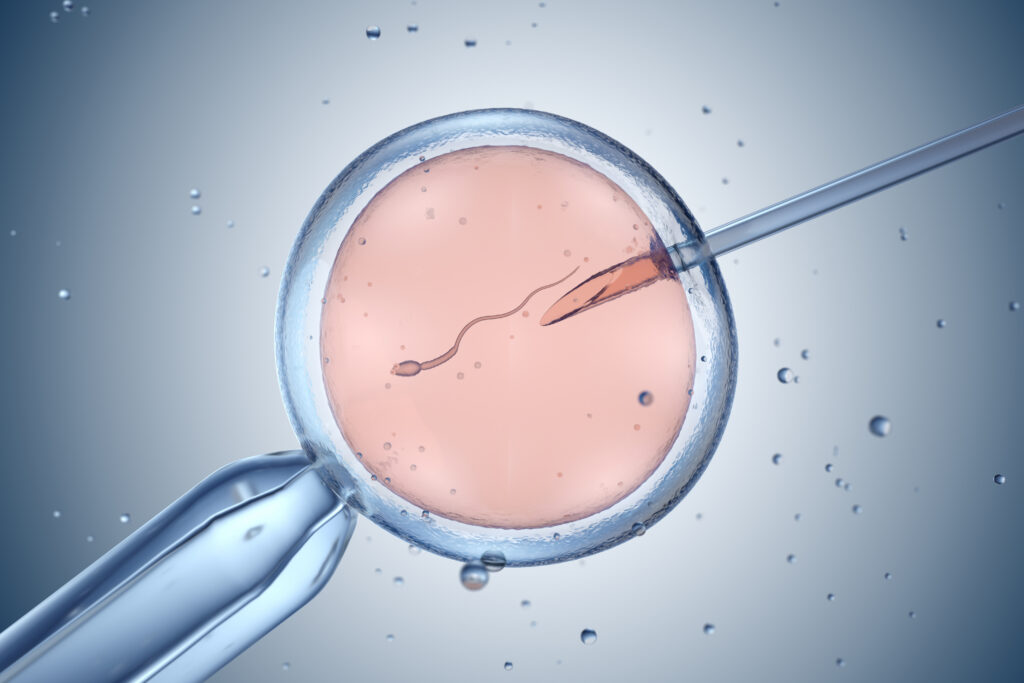Human Trafficking Report Shows One Child Policy a Lead Cause of Trafficking in China
Last week, the State Department released their annual Trafficking in Persons (TIP) Report. The years report saw the downgrade of three countries (China, Russia, and Uzbekistran) from a Tier 2 ranking to Tier 3, which is the lowest possible ranking. Countries designated into the Tier 3 category are those countries that “do not fully comply with the (trafficking) law’s minimum standards and are not making significant efforts to do so.”
Other nations which have been ranked as Tier 3 countries according to the TIP report include Iran, North Korea, and Zimbabwe.
In 2008, Congress placed a limit on the number of years that a country could remain at Tier 2 without any signs of action to combat their trafficking problem. After the limit is reached, the country will be automatically downgraded. China was ranked as Tier 2 for eight years before being downgraded. Tier 3 countries are eligible to have sanctions placed upon them by the United States.
China was proven to be a country particularly entrenched in human trafficking and the problem has affected both its own people and those of other nations. According to the 2013 TIP report, China is a source, transit, and destination country for men, women, and children subjected to forced labor and sex trafficking. The report states, “Women and children from neighboring Asian countries, including Burma, Vietnam, Laos, Singapore, Mongolia, and the Democratic People’s Republic of Korea (North Korea), as well as from Russia, Europe, Africa, and the America’s, are reportedly trafficked to commercial sexual exploitation and forced labor.”
One of the key factors that the TIP report points to as fueling China’s trafficking industry is the country’s oppressive population control program which limits most couples within China to only one child.
The One Child Policy was instated in 1979 and authorities claim that the law has prevented around 400 million births from 1979 to 2011. However, this result came about due, in at least part, to an oppressive policy which employed the use of forced abortions, sex selective abortion, female infanticide, and the persecution of families who refused to comply. The result of China’s oppressive family planning policy has been a very serious and unsustainable gender imbalance. The report estimates that for every 118 boys born, there are only 100 girls, though demographers note that in some provinces the ratio can be as high as 150 boys for every 100 girls. It is this gender imbalance, combined with son preference, which the TIP Report points to as a driving cause of human trafficking and sexual slavery, not only within China but from the surrounding countries as well.
The report notes that Chinese women and girls are often subjected to sex trafficking in their own country and are trafficked from the rural areas to the urban centers for the purpose of sexual exploitation. Additionally, the report notes that women and girls from surrounding countries are frequently trafficked into China for the purpose of forced marriage to Chinese men.
The TIP Report further chastised the Chinese government for failing to “address the effects its birth limitation policy had in creating a gender imbalance and fueling trafficking, particularly through bride trafficking and forced marriage.” However, a Chinese government official commented on China’s downgrade by merely saying that it was an “arbitrary judgment.”
The TIP report is a great way for the State Department to monitor human trafficking worldwide and document this tremendous problem. However, the report and the ranking system are completely ineffectual unless the U.S. Government backs up their words with action. China and other Tier 3 countries have shown that they are unwilling to exert themselves on behalf of trafficking victims and to put an end to this horrendous industry. The U.S. Government has 90 days to impose sanctions on these Tier 3 countries. If the United States is going to purport that it cares about human rights then it must demonstrate that Tier 3 nations will feel repercussions until they begin to make clear efforts to put a stop to human trafficking which, in the case of China, necessarily means putting an end to the One Child Policy.
























